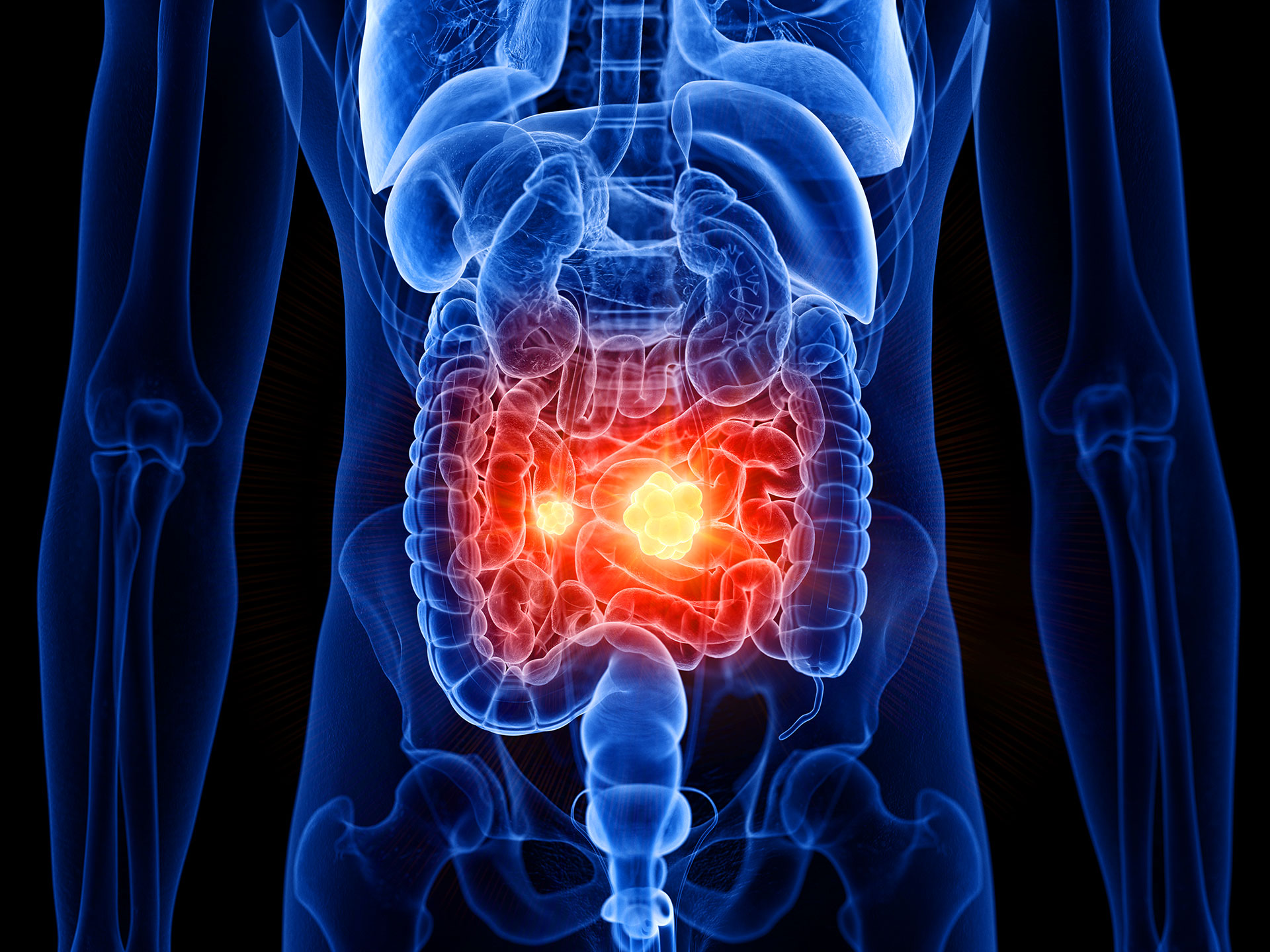
- HealthyTo100
- May 8, 2025
What If Your Bacteria Are Healthier Than You?
It’s a strange question until you realize your gut is home to 100 trillion microbes, many of which are working overtime to keep you alive. They digest food you can’t, produce nutrients you need, and communicate directly with your immune system and brain.
So what happens when we feed our bodies but forget to feed them?
The Invisible Workforce in Your Gut
These microbes aren’t just passengers. Together, they make up your microbiome, an ecosystem that may impact your health more than your own DNA. While you carry around about 25,000 human genes, your microbes contribute an estimated 3 million. That’s not a typo.
They do the heavy lifting in:
- Digesting plant fibers you can’t break down
- Producing short-chain fatty acids that fuel gut cells
- Creating key vitamins like B12 and K
- Supporting brain health through gut-brain signals
- Regulating inflammation and immunity
Which brings us to the twist: if your diet is heavy in ultra-processed foods, your microbes might be starving, even if you’re eating three meals a day.
Feed Them or Lose Them
Researchers now believe that the diversity of your microbiome is directly tied to your health. And that diversity? It starts with what’s on your plate.
A healthy microbiome thrives on:
- A wide variety of whole plant foods
- Natural prebiotics, like inulin (found in garlic, onions, and artichokes)
- Phytonutrients from colorful fruits and vegetables
- Fiber, far more than the average American eats
The problem? Most of us eat just 15 grams of fiber a day. Indigenous populations, by contrast, eat closer to 100–150 grams, and have far more microbial diversity to show for it.
Conclusion
You are not just you. You’re a host to an entire world, and that world needs real food to survive. When your bacteria are well-fed, your body runs smoother, inflammation drops, and long-term health improves.
So the next time you plan a meal, ask yourself: Are you feeding the whole you?